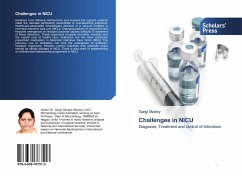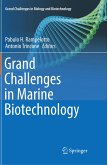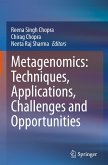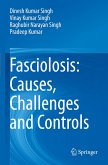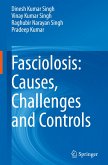Immature host defence mechanisms and invasive life support systems make the neonate particularly susceptible to overwhelming infections. Healthcare-associated bloodstream infection is a serious problem in neonatal intensive care unit (NICU). Changing pattern of organisms and frequent emergence of resistant bacteria causes difficulty in treatment of these infections. These organisms increase morbidity, mortality and the overall cost of health care. Antibiotics are the most commonly prescribed medication in Neonatal Intensive Care Units (NICU). The judicious use of antibiotics can limit the emergence of antibiotic-resistant organisms. Infection control practices and antibiotic policy should be strictly followed in NICU. There is also need of implementing an antimicrobial stewardship programme in NICU.
Bitte wählen Sie Ihr Anliegen aus.
Rechnungen
Retourenschein anfordern
Bestellstatus
Storno

